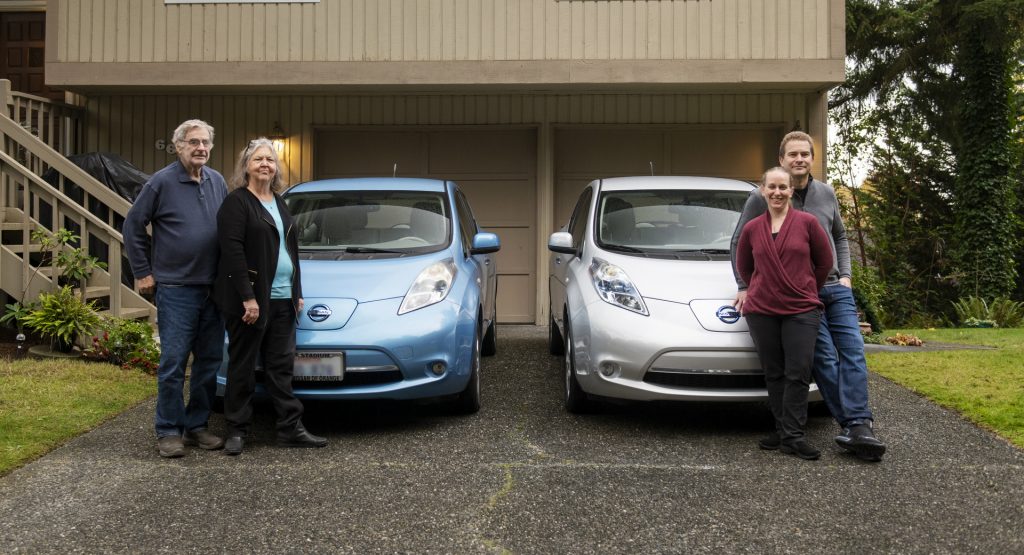Nissan is thinking about EVs and their impact on the environment down the line. The automaker believes, though, that the batteries that make up the lion’s share of their carbon cost can be reused in a number of applications.
According to Swedish EV firm Polestar, its EVs only become greener than internal combustion vehicles after 31,000 miles because of how expensive batteries are to produce. But by reusing the batteries after their stint in cars, that expense can be offset.
Before they’re torn down for raw materials, though, they can be reused. Nissan is partnering with 4R Energy to help recycle the batteries. There, the batteries will be graded on a scale from A to C.
According to the Japanese automaker, some batteries are in fine enough fettle to go back into use in an EV. They are A-grade batteries. B grade batteries, meanwhile, are powerful enough for other applications, like forklifts and energy storage. C grade batteries, meanwhile, can still be used for things like a backup in case of a blackout.
Nissan even suggests that EVs nearing the end of their operating life could get a tidy price for the batteries, which would certainly be nicer than just getting scrap value.
It’s a solution that is already being tested by 4R on the island of Yumeshima. The man-made island off the coast of Osaka uses lithium-ion batteries from 16 EVs in order to deal with energy fluctuation and store the energy collected by a solar farm there.
Thanks to electric cars like the Leaf, which is celebrating its tenth anniversary, projects like these are becoming more than just academic. Nissan joins other automakers like VW in looking for ways to recycle EV batteries.




